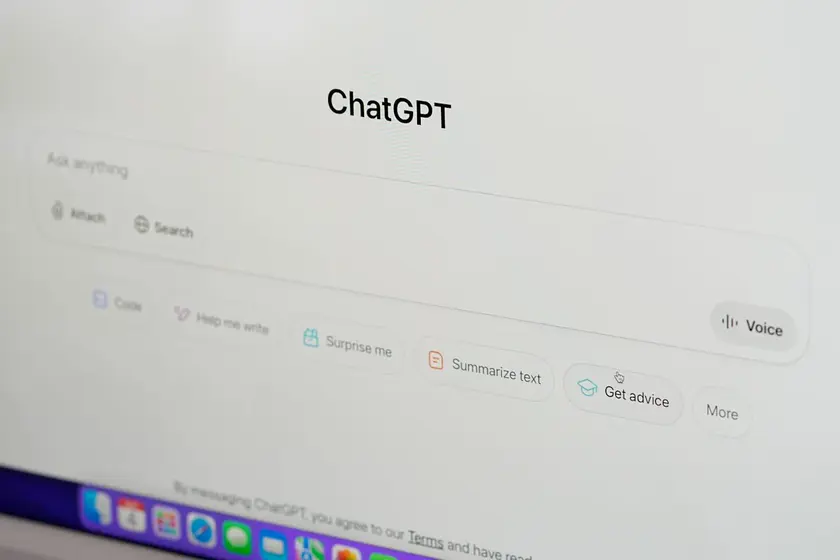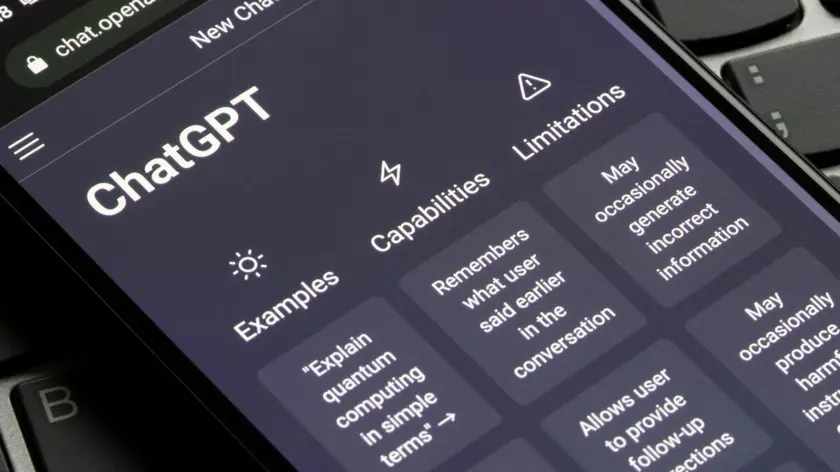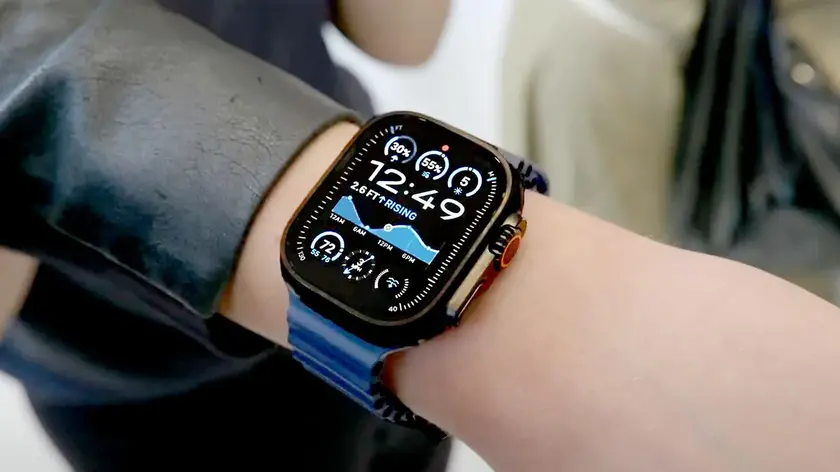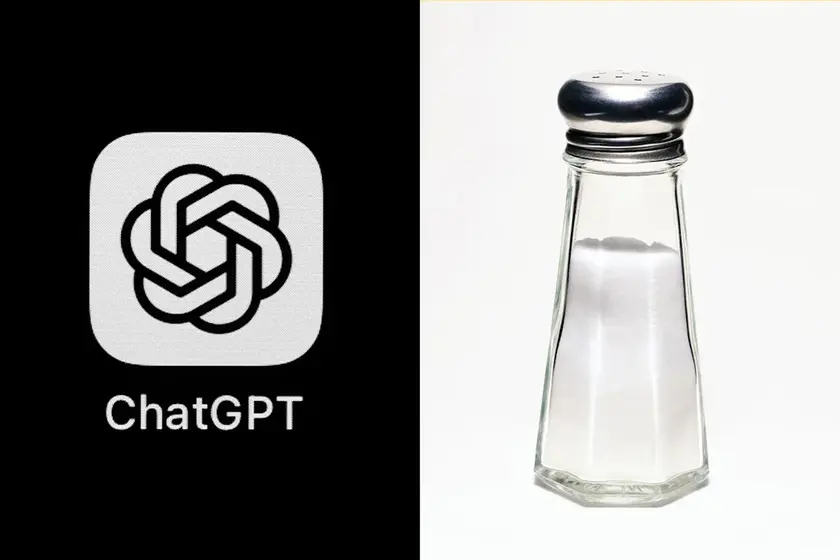T4K3.news
AI health guidance under scrutiny
A medical journal warns that AI can mislead patients about health and urges caution in using chatbots for medical advice.

A medical journal warns against using AI for health information after a patient developed bromide toxicity following salt advice given by a chatbot.
AI health guidance under scrutiny after bromide case linked to salt advice
A US medical journal reports a case where a 60-year-old man developed bromide toxicity after seeking advice about removing table salt from his diet. He began taking sodium bromide for three months, based on guidance he read that chloride could be swapped with bromide. The report notes that historical bromide use is linked to a past rise in psychiatric admissions and describes how such AI-suggested substitutions can lead to serious harm. The authors could not access the patient’s ChatGPT conversation log, so the exact advice given remains unknown, but their own testing of the AI showed it suggested bromide when asked about chloride replacement and did not issue a health warning.
Key Takeaways
"The bromide case shows how AI could mislead patients"
Highlighting the risk of misdirection in AI health outputs
"ChatGPT should not replace a clinician when health is involved"
Opinion on professional boundaries in health care
"Doctors must probe where patients get their information"
Clinical practice implication about sources
The episode highlights a core tension in AI health tools: they can widen access to information but risk spreading decontextualized or incorrect guidance. The case underscores the need for robust safeguards, clear warnings, and human oversight whenever medical questions are involved. It also raises questions about accountability when AI remains a step removed from clinical verification. As AI models evolve to be more proactive about potential concerns, clinicians should routinely ask patients where their information comes from and verify it with trusted sources. The broader takeaway is not to abandon AI, but to demand safety standards and traceability so AI can support, not endanger, patient care.
Highlights
- Ask a doctor not a chatbot when health matters
- Decontextualized AI data can mislead patients
- Health information needs a trusted source
- Guardrails beat shortcuts in medicine
AI health guidance poses safety risks
A medical journal warns that AI tools can produce decontextualized information and fail to warn users about health risks, potentially leading to dangerous self-treatment and harm. The absence of chat logs limits accountability.
The coming years will test how AI can assist medicine without compromising safety.
Enjoyed this? Let your friends know!
Related News

Pauline Ferrand-Prévot speaks out on weight criticism after Tour win

AI health guidance linked to hospitalization

Self harm case highlights AI health guidance risks

AI diet advice leads to bromide poisoning

AI health advice case raises safety concerns

Apple Watch Ultra 3 Rumors Point to September Debut

ChatGPT health advice linked to bromide toxicity

Salt swap AI guidance leads to bromide poisoning
